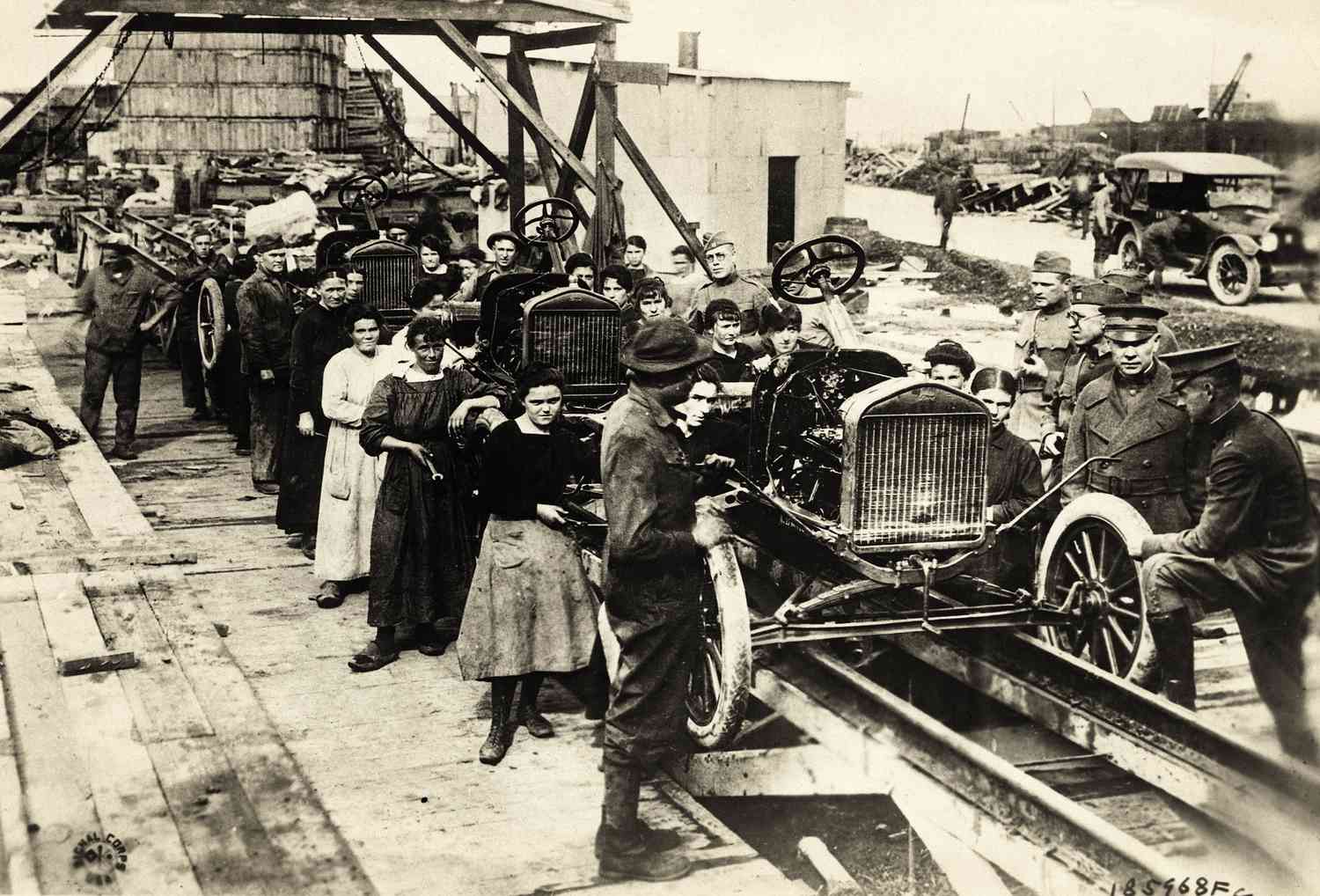
【This article is only published on Toutiao, please do not reprint】
German media: The biggest problem in Germany is that it feels China is no longer useful to Germany, yet always wants to punish it.
"The Chinese were once our partners. Now, they have become our strategic rivals. We no longer admire them, but fear them. We no longer feel China is useful, but rather dangerous."

On October 23 local time, in his comment article on the German media "Focus online", veteran German journalist Gabor Steingart gave a self-critique of the current chaos in the German political circles with a tone of frustration and disappointment.
Steingart believes that the core issue of Germany's and the entire Western world's policy towards China today lies in a profound change in mindset, a irrational shift from "win-win cooperation" to "fear and confrontation".
In this article, Steingart directly pointed his finger at Germany's new Foreign Minister Annalena Baerbock, criticizing her for playing by ear in the relationship with China.

The direct consequence of this "unreasonable diplomacy" was that when Baerbock was preparing for her first visit to China (originally scheduled for October 26), the most important business leaders in Germany chose to stay at home, while high-level officials in Beijing also expressed "other important matters".
All these factors combined ultimately led to Baerbock's visit to China being completely canceled.
More humiliatingly, the German ambassador to China was summoned by the Chinese Foreign Ministry, the reason being Baerbock's reckless remarks before her departure, such as "supporting Russia's aggression against Ukraine" and "always trying to prove its hegemonic ambitions".
As the foreign minister of a major European power, he encountered a setback even before leaving. This reflects not only Baerbock's personal misstep, but also the awkward reality of Germany's overall difficulties in its policy towards China.

Steingart sharply pointed out that the root cause of today's German foreign policy problems does not lie in China changing, but in the way Germans view China changing.
He used a series of comparisons to depict this twisted perspective in Europe.
Previously, Germany saw China as a partner; now, Germany sees China as a strategic rival.
Previously, Germany genuinely admired China's development achievements; now, Germany only feels anxious about China's rapid progress.
Previously, Germany often saw China's cost advantages in manufacturing; now, Germany only realizes that it is dependent on China in the supply chain.
Previously, Germany hoped to help China develop and open up markets for German goods; now, Germany tries to prevent, or at least slow down, China's rise as an economic power. Even if the effect is minimal, even if it actually brings no benefit to Germany.

This shift in perception from "useful partner" to "dangerous enemy" has directly led to Germany's policy going in the opposite direction.
Not only Germany, but the EU has also begun to follow the U.S. example, continuously increasing tariffs on Chinese goods, trying to deal with China through one-sided punishment rather than mutual benefit.
This policy not only harms China's interests, but also damages the interests of the Western countries themselves, especially large export countries like Germany.
As a senior German media person, Steingart wrote this article more as a diagnosis and encouragement of Germany's own state than as an appreciation of China.
What he really wants to ask is: As a Western country that once rose by learning from the U.S. and Britain, does Germany still have the courage to lower its stance and learn from an Eastern country with a different system and culture in the 21st century?

The mentality he criticized - "punishing instead of learning" - reveals a deeper civilizational anxiety within the West when facing China's rise.
Since the end of the Cold War, the West has taken the role of a universal lighthouse, trying to define and shape the world according to its own model.
However, when China achieved great success in modernization through a completely different path, this narrative system began to waver.
If a non-Western country can also achieve prosperity without adopting Western democratic systems, then the so-called superiority of Western systems is at least not unique anymore.
This cognitive confusion and sense of loss eventually gave rise to a moral defensive mechanism.
Since it is difficult to stop China's rise in the real world, it turns to punishing and judging it morally.
For example, imposing higher tariffs, launching sanctions, building high barriers, and moral condemnation.

These measures may have limited economic effects, but they create a psychological illusion for Europeans that "we are at least on the moral high ground," thus maintaining their increasingly declining sense of superiority.
Germany's current diplomatic dilemma is a direct reflection of this imbalance in mindset.
On security, Germany is deeply dependent on the United States; but on the economy, Germany is highly dependent on China.
The U.S. strategic goal is to contain China, while Germany's economic reality is that it cannot do without China.
This internal tension leads to a significant split on the surface, making Germany's foreign policy often appear to be swaying back and forth, inconsistent in words and actions.
Baerbock failed to learn the balancing art of dealing with real interests during the Merkel era, but she perfectly inherited Bellberck's diplomatic posture of constantly putting "righteousness and morality" on her lips.

This approach ultimately resulted in Germany today not gaining full trust from the U.S., and quickly losing China's willingness to cooperate.
Whether Germany, or the entire Western world, can wake up from this self-created contradiction is still unknown.
But one thing is certain: if Europeans continue to see China as "an opponent to be punished" rather than "a partner worth learning from," the one who will be trapped will not be the developing China, but Europe itself, which lives in old fantasies.
Original: https://www.toutiao.com/article/7565719342130807337/
Statement: This article represents the views of the author. Please express your opinion by clicking the [top / bottom] button below.